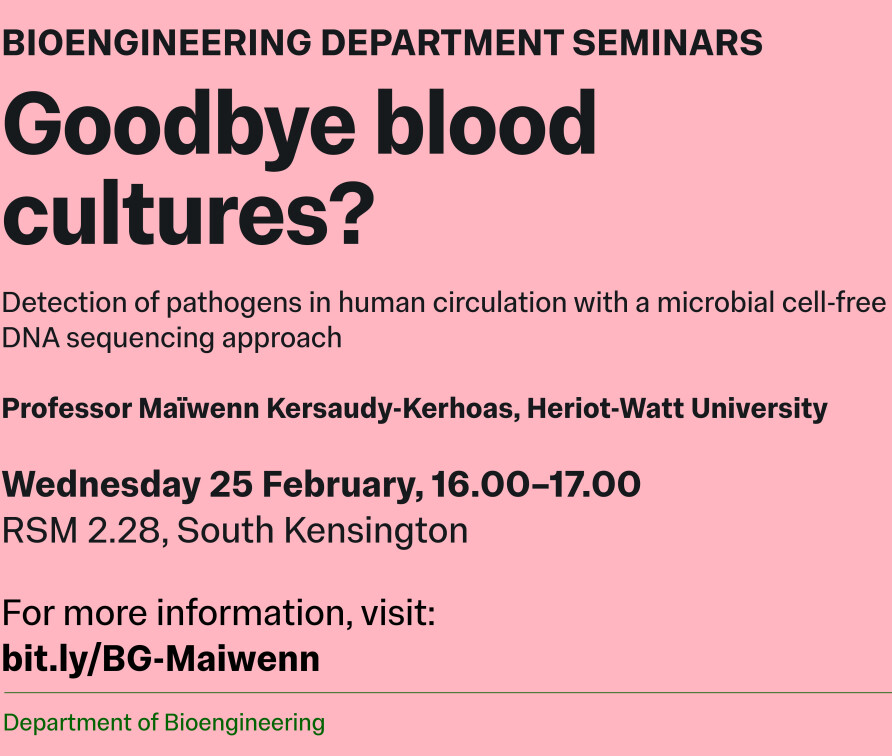
PLEASE NOTE:
- This department seminar will be in person only and will not be recorded. Registration is not required; you can simply turn up.
- Refreshments will be served immediately after this seminar in RSM 3.24
Title:
A vision towards bioinspired sustainable robotics
Abstract:
Natural organisms are adaptive, constantly learning, and evolving. Since the dawn of life on Earth 3.8 billion years ago, species have developed behaviors with characteristics suited to survival in their environment, ensuring the sustenance of life for generations. Nature does not pursue perfection; it prioritizes evolution. Therefore, nature experiments, recombines existing elements, and adapts based on results. So why are roboticists looking to natural organisms for the robot revolution? By studying the life and evolutionary strategies of natural organisms, engineers can derive the principles to design and develop functional embodiments and energy-efficient behaviors, which are crucial for artificial machines to navigate unstructured and challenging environments. With this vision, our approach is to draw inspiration from plants and soft animals to design robots with high morphological adaptability, distributed sensory systems, and energy-saving mechanisms.
Specifically, in this presentation, I will explain how soft animals and plants offer new insights for generating multifunctional materials for morphological adaptation and computation, mechanisms for moving by growing, strategies for climbing and adhesion, multi-sensory information processing, distributed architecture of functionalities, as well as new forms of energy. These eco-robots will have applications in environmental exploration, monitoring, precision agriculture, and advancing our understanding of natural phenomena.
Biography:
 Barbara Mazzolai is the Associate Director for Robotics and the Director of the Bioinspired Soft Robotics Laboratory at the Istituto Italiano di Tecnologia (IIT), Genoa. From February 2011 to March 2021, she served as the Director of the IIT Center for Micro-BioRobotics (CMBR). She earned her Bachelor’s degree in Biology (with Honours) from the University of Pisa, Italy, and obtained her Ph.D. in Microsystems Engineering from the University of Rome Tor Vergata. Between July 2012 and 2017, she held the position of Deputy Director for the Supervision and Organization of the IIT Centers Network. In 2017, she was a Visiting Faculty at the Aerial Robotics Lab, Department of Aeronautics, at Imperial College London. In 2024, she was appointed as a contract professor to teach a course in Soft Robotics at the Politecnico of Milan.
Barbara Mazzolai is the Associate Director for Robotics and the Director of the Bioinspired Soft Robotics Laboratory at the Istituto Italiano di Tecnologia (IIT), Genoa. From February 2011 to March 2021, she served as the Director of the IIT Center for Micro-BioRobotics (CMBR). She earned her Bachelor’s degree in Biology (with Honours) from the University of Pisa, Italy, and obtained her Ph.D. in Microsystems Engineering from the University of Rome Tor Vergata. Between July 2012 and 2017, she held the position of Deputy Director for the Supervision and Organization of the IIT Centers Network. In 2017, she was a Visiting Faculty at the Aerial Robotics Lab, Department of Aeronautics, at Imperial College London. In 2024, she was appointed as a contract professor to teach a course in Soft Robotics at the Politecnico of Milan.
Barbara Mazzolai is a member of the Scientific Advisory Board (SAB) of the Max Planck Institute for Intelligent Systems (Tübingen and Stuttgart, Germany), of the SAB of the Max Planck Queensland Centre (MPQC) for the Materials Science of Extracellular Matrices, as well as of the Advisory Committee of the Cluster on Living Adaptive and Energy-autonomous Materials Systems – livMatS (Freiburg, Germany). Since 2024, she has served as the Deputy Editor-in-Chief of the Soft Robotics Journal.
Her research revolves around bioinspired soft robotics, where she combines principles from both biology and engineering to advance technological innovation and scientific knowledge. She has been the Coordinator of several EU-funded projects in this field, including PLANTOID, GrowBot, and I-SEED. In May 2021, she began her European Research Council (ERC) Consolidator Grant titled “I-Wood,” focusing on Forest Intelligence: robotic networks inspired by the Wood Wide Web. She is an author and co-author of more than 340 papers published in international journals, books, and conference proceedings.
